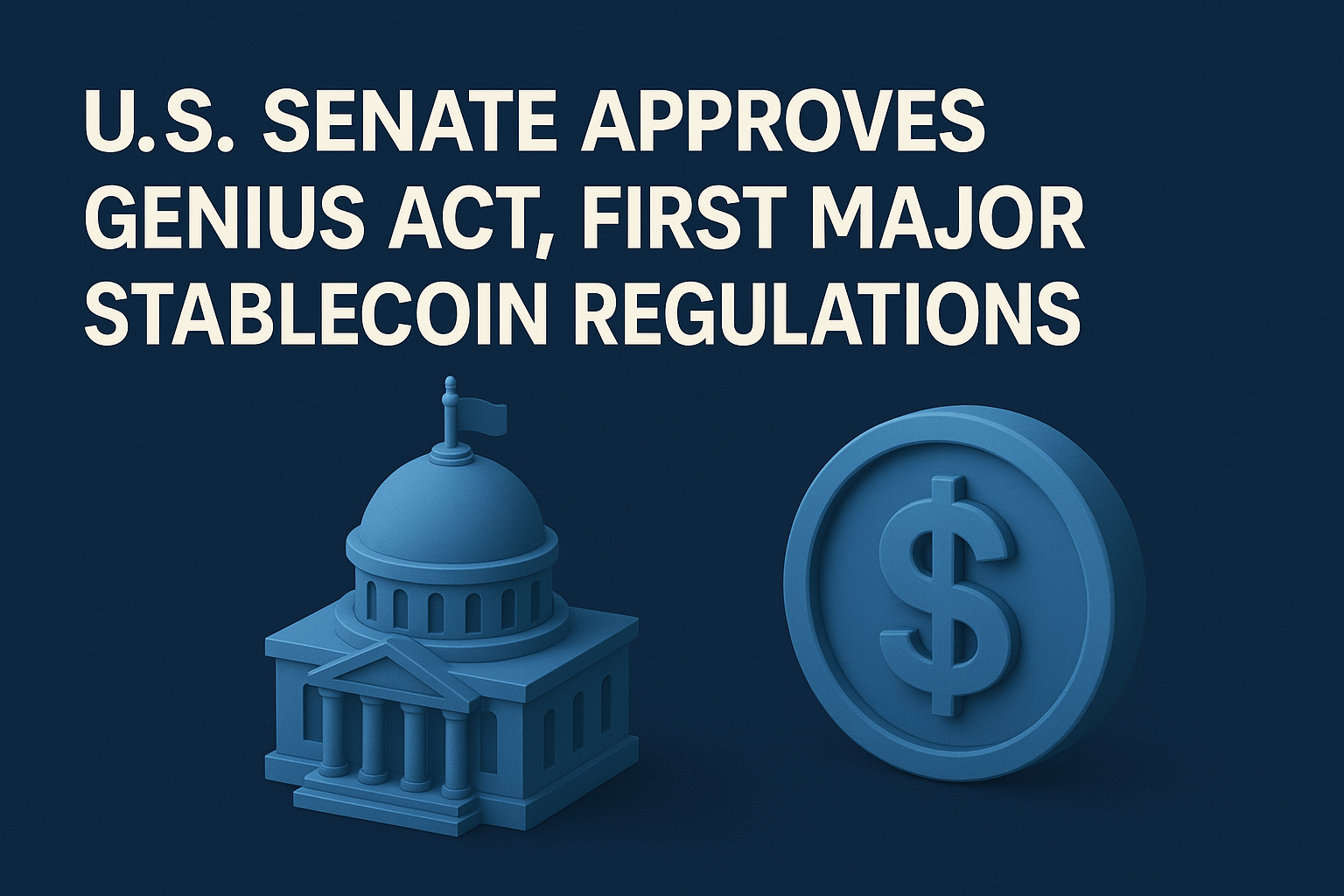Nigel Farage is set to take center stage at Bitcoin 2025 in Las Vegas, where he will unveil a sweeping cryptocurrency bill designed to make the UK a “crypto powerhouse.” The proposal, reported by Bloomberg on May 29, marks Reform UK’s first detailed legislative plan and includes tax cuts, regulatory overhauls, and new consumer protections.
Key Highlights of Farage’s Draft Bill
Farage’s proposal aims to reduce the capital gains tax on crypto from 24% to 10%, launch a two-year financial regulatory sandbox, and ban discrimination against crypto payments.
The legislation, which will be formally introduced during Farage’s Thursday address at the Bitcoin 2025 conference, is framed as a pro-innovation, anti-surveillance effort to modernize Britain’s financial system and appeal to younger voters.
Farage: Bitcoin Is a Stand for Financial Freedom
A longtime Bitcoin advocate, Farage argues that digital currencies are a critical safeguard against state overreach.
“Seven million Britons already own crypto—many of them young,” Reform said in a statement. “Yet legacy parties continue to ignore them.”
Farage’s remarks will link Bitcoin adoption with personal freedom, and highlight the need for legal reform that protects the right to use decentralized money.
Reform’s Push Challenges Bank of England Caution
The plan puts Reform UK in sharp contrast with the Bank of England, which has been hesitant to embrace unbacked crypto assets like Bitcoin.
While the BoE has explored a government-issued digital pound, officials remain wary of volatility and systemic risks posed by existing cryptocurrencies.
Labour Slams Proposal as ‘Truss Economics’
Labour leader Keir Starmer criticized Farage’s announcement, calling it a risky repetition of “Truss-style” deregulation.
Despite only holding five seats, Reform UK’s national polling is growing—giving Farage’s bill political weight that could push other parties to clarify their stance on crypto.
A full media briefing is scheduled for Friday in London.
Regulatory Gaps Threaten UK’s Crypto Leadership
Although the UK is a hotspot for blockchain startups and venture capital, industry insiders say the country risks losing ground to jurisdictions like the EU, where the MiCA framework is already in effect.
The Financial Conduct Authority currently oversees crypto promotions and licensing, but comprehensive rules on stablecoins, DAOs, and DeFi remain absent.
FAQ
How is this different from MiCA?
Unlike MiCA’s broad EU-wide framework, Reform’s bill offers a faster, UK-specific strategy with lower taxes and fewer restrictions.
What does the service discrimination ban mean?
It could require banks and businesses to accept crypto payments, raising legal questions about AML compliance and consumer safeguards.
Will this influence other UK parties?
If crypto adoption and voter interest continue rising, major parties may adopt or respond to Reform’s legislative proposals.










